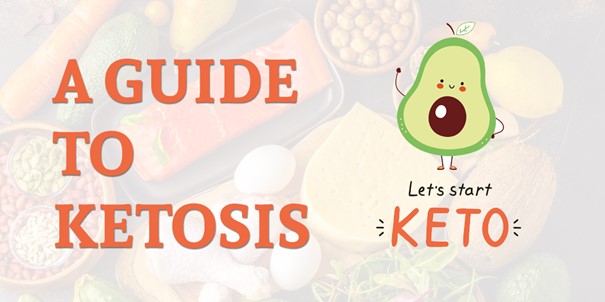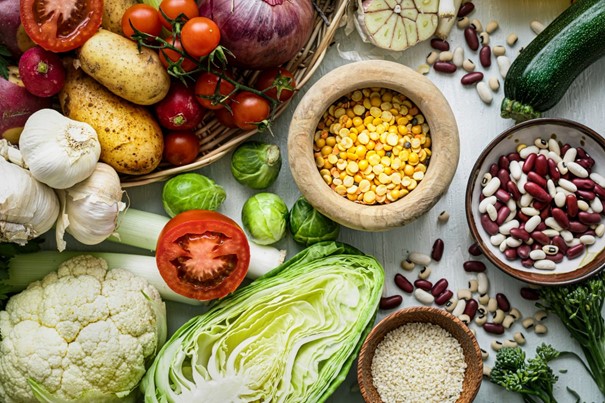Weight loss can be a challenging journey, but understanding the role of insulin in our bodies can help make the process easier. Insulin is a hormone produced by the pancreas that helps regulate blood sugar levels. It acts by facilitating the uptake of glucose into cells to be used as energy or stored as fat.
When we consume carbohydrates, our body breaks them down into glucose, which triggers the release of insulin. Consuming high-carbohydrate meals or snacks frequently can lead to higher insulin levels, which may contribute to weight gain.
Studies have shown that reducing insulin levels can lead to weight loss. Intermittent fasting is one approach that has gained popularity in recent years, and it has been found to be effective in reducing insulin levels. By restricting the time window in which we consume food, we give our bodies a chance to lower insulin levels and utilize stored fat for energy.
Another approach to reducing insulin levels is to consume a low-carbohydrate diet. A low-carbohydrate diet reduces the amount of glucose available in the body, leading to lower insulin levels. This approach has been shown to be effective for weight loss in numerous studies.
However, it is important to note that insulin is not the only factor in weight loss. Other factors, such as genetics, sleep, and physical activity, also play a role. It is essential to have a balanced approach to weight loss that includes healthy eating habits, regular physical activity, and proper sleep hygiene.
In conclusion, understanding the role of insulin in weight loss can help us make informed decisions about our diets and lifestyles. Reducing insulin levels through approaches such as intermittent fasting or a low-carbohydrate diet can be effective in achieving weight loss goals. However, it is important to approach weight loss holistically and to make sustainable lifestyle changes that include healthy eating habits and regular physical activity.
References:
https://sci-hub.se/10.1016/j.amepre.2011.06.042
https://sci-hub.se/10.2337/diaspect.20.3.133
https://www.thelancet.com/journals/landia/article/PIIS2213-8587(19)30149-4/fulltext
https://pubmed.ncbi.nlm.nih.gov/24534012/
https://www.ncbi.nlm.nih.gov/books/NBK507839/




